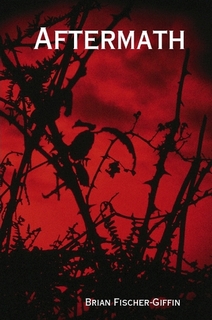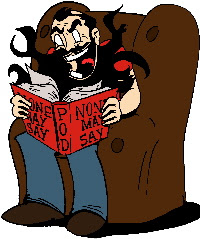 PLOT
PLOTWilliam Teale, long ago a math prodigy, now spends his time teaching at a small university in the Hudson River valley. He is deeply in love. But not with his wife.
Virginia "Faye" Warner, William's wife, is a romance novelist. Her books all follow a rigid -- and successful -- formula. But her reality falls fall short of her fairy tale public façade.
Claire is the woman William lost twenty-five years ago -- and never forgot. And now, by chance, she has shown up again.
Roger, William's graduate intern, finds himself bearing witness as the destinies of William, Virginia and Claire intersect during the course one fateful school year. But in Virginia's romance novels, the rules of love are clear. In the real world, affairs of the heart are rarely so precise -- or straightforward.
MY TAKE
To its credit, Do the Math is not a novel of overblown passions. To be sure, there are momentary explosions, both of fire and of humor. But the strength of the novel lies in its tender, sympathetic portraits of the lonely and middle-aged trio at its core: William, a man trying to do right by his wife, even if that means stifling his own happiness; Virginia, a woman who, in her own fashion, is just as trapped as William; and Claire, the "other woman" who is flung by fate into the middle and who, perhaps not entirely unwillingly, is unable to extricate herself. Because these characters feel genuine, we care about their story, even if it does not involve the standard young hunks or ladies with heaving bosoms that lie at the heart of most romance tales.
So the fact that Do the Math does not rise to the extravagance of a typical romance novel (no pirates, for example, and the coma and hospital romance aren't what one might expect) does not detract from the novel at all. Rather, the book's unaffected elegance and overall good humor (combined with Roger's charming narration) more than carries the reader through. And given that the novel's primary conceit is to explore an ultimately unanswerable question -- whether true romance can be boiled down to a logical equation -- the fact that Do the Math nonetheless both satisfies and is satisfyingly unpredictable right through to the end is a testament to author Philip B. Persinger's achievement (and, perhaps, to how unimportant the question really is).
AVAILABILITY
Do the Math is available as a $17.95 paperback (or a $27.95 hardcover) from iUniverse, Barnes & Noble, or Amazon. Author Philip B. Persinger also maintains a very bare-bones website for his novel here.
BONUS RECOMMENDATION
Love is, of course, a fundamental, ancient and ever-fertile subject for all manner of art and expression. On the lighter side of the spectrum, check out Erin Cosgrove's hilarious, smart romance novel parody The Baader-Meinhof Affair ($14.95 from Amazon; out of stock at Barnes and Noble). Some bonus material is also available at her website here.
On the far opposite end of the range, Daniel Johnston's majestic, tragic, beautiful, utterly heart-rending "Some Things Last A Long Time" (originally from his album 1990) is absolutely not to be missed. Johnston is definitely an acquired taste (see a detailed discussion of his life and music here), but the raw emotion of this song blasts through the substantial technical limitations of the recording. "Some Things Last A Long Time" can be purchased as an individual track, as part of the 1990 album, or as part of the wonderful introductory compilation Welcome to My World, which is available from, among other locations, either eMusic or directly from Johnston's webstore.
 WARNING: mild spoiler ahead, for those who like to know no more about a novel's plot than what the back cover reveals.
WARNING: mild spoiler ahead, for those who like to know no more about a novel's plot than what the back cover reveals. PLOT
PLOT PLOT
PLOT